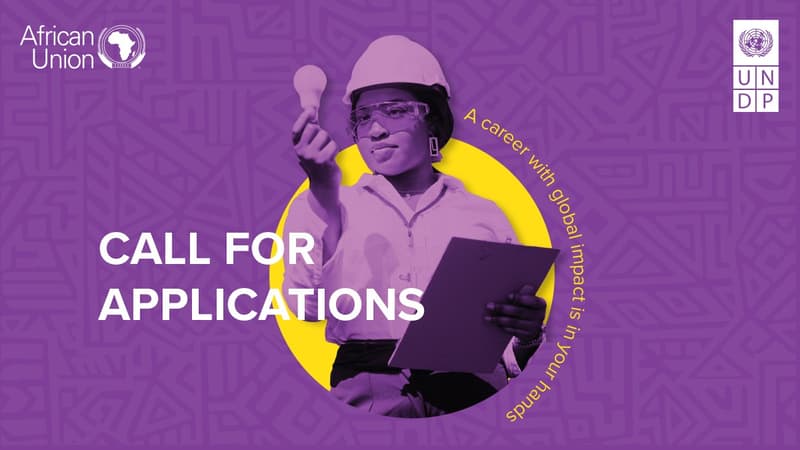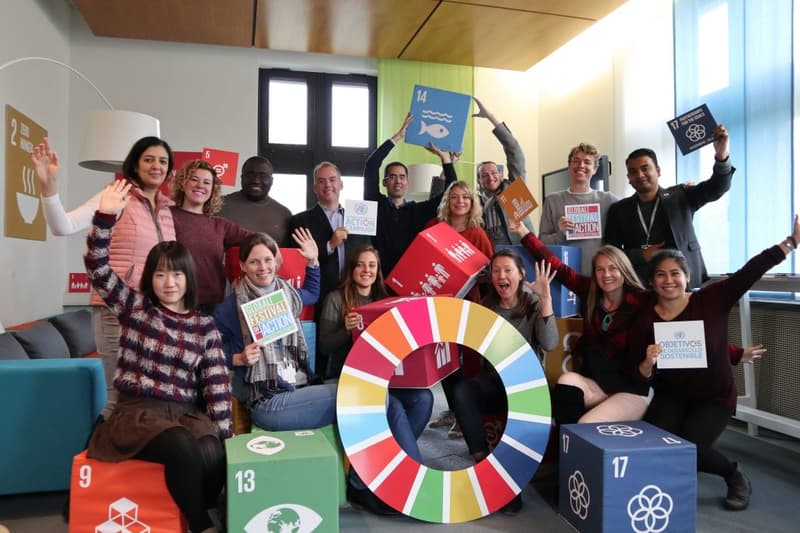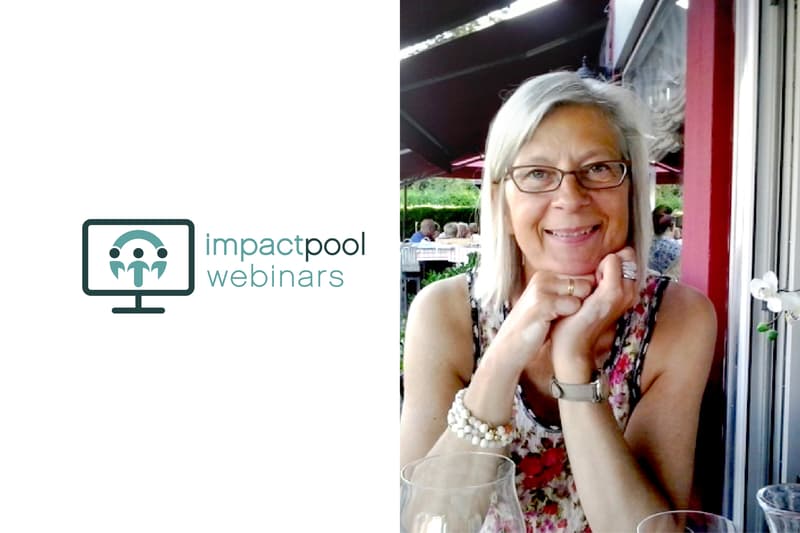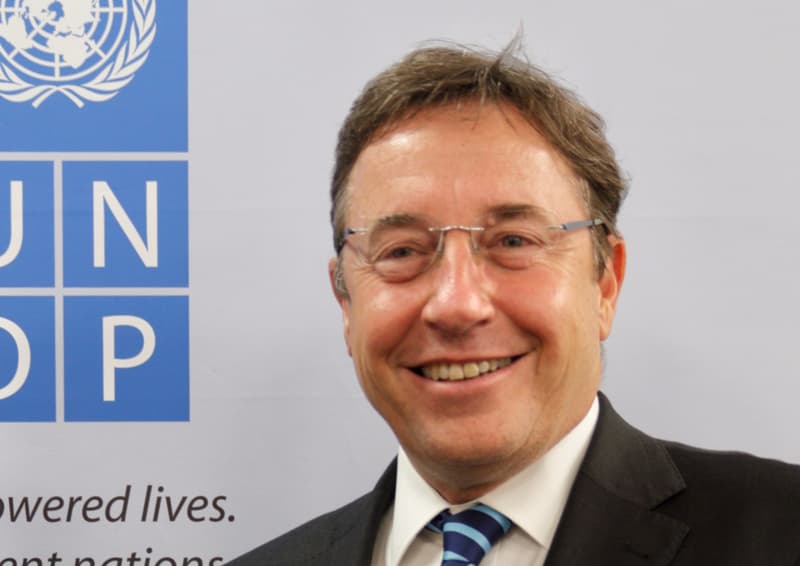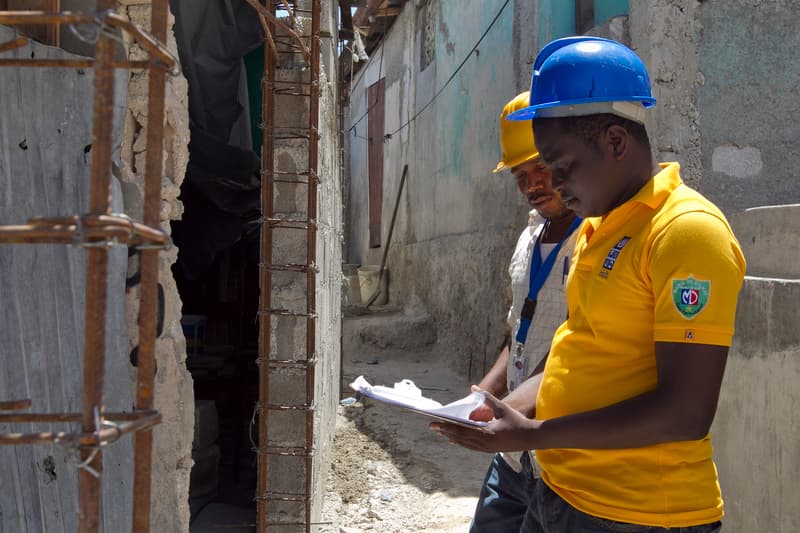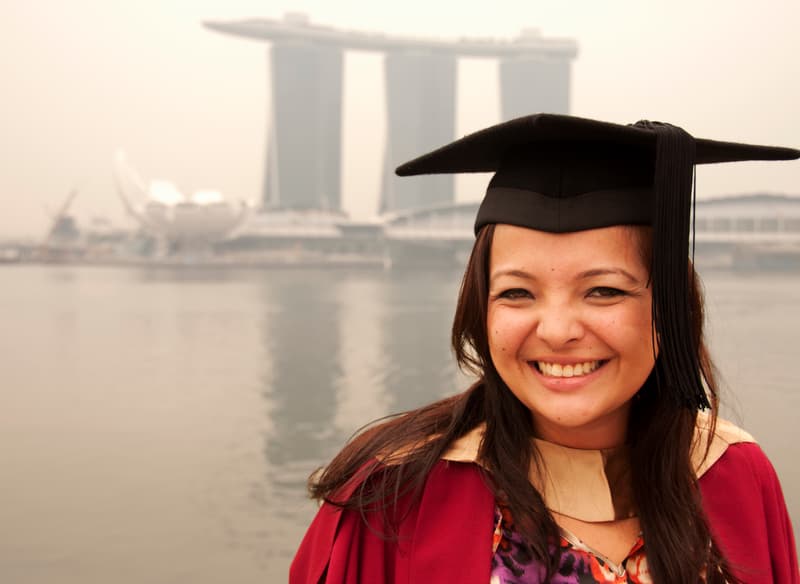South-South and Triangular Cooperation Fellow
Istanbul | Ankara
- Organization: UNDP - United Nations Development Programme
- Location: Istanbul | Ankara
- Grade: Consultancy - Consultant - Contractors Agreement
-
Occupational Groups:
- Development Cooperation and Sustainable Development Goals
- Closing Date: 2024-01-24
Background
Corporate Background:
UNDP works in about 170 countries and territories, helping to eradicate poverty, reduce inequalities and exclusion, and build resilience so countries can sustain progress. As the UN’s development agency, UNDP plays a critical role in helping countries achieve the Sustainable Development Goals.
The Istanbul International Center for Private Sector in Development (ICPSD) is the United Nations Development Programme (UNDP) global organization mandated to leverage the role of the private sector in development. The ICPSD was established in Istanbul, Türkiye based on the Partnership Framework Agreement signed between the Government of the Republic of Turkey and the United Nations Development Program in March 2011. The center is one of the five global thematic policy centers of UNDP, supports the private sector and foundations to become transformative partners in development through research, advocacy, facilitation of public-private dialogue and brokering partnerships. ICPSD leads UNDP’s global work on private sector and foundations and supports UNDP’s offices all around the world.
Fellowship Office Background:
UNDP ICPSD leads UNDP’s private sector strategy, mobilizing the private sector to engage in development. ICPSD convenes stakeholders from public and private industry as well as foundations to facilitate knowledge sharing and partnerships, catalyzes private sector actors for developing products and initiatives for SDG implementation and provides support to raise capital through innovative financing models such as blended finance. The role of South-South and Triangular Cooperation (SSTC) in sustainable development is increasing substantially. In like manner, the private sector’s engagement in sustainable development is growingly contributing to the achievement of the Sustainable Development Goals (SDGs). SSTC is enriching and diversifying development efforts and means through a variety of flexible cooperation modalities, such as knowledge exchanges, technology transfers, mutual learning, peer-to-peer support and innovative financing. The private sector’s engagement can further expand and enhance the outreach of the SSTC. ICPSD supports companies in tailoring their business models to respond to sustainable development needs by identifying and promoting best practices within the framework of South-South Cooperation to achieve the SDGs.
Project Description:
Since the resumption of power of the Taliban on 15 August 2021, 2021, Afghanistan has faced with huge humanitarian, economic, and financial crisis. The sudden stop of international aid and grants that contributed to 40% of Gross Domestic Product (GDP), freeze on international reserves which was about 9,5 billion USD, and international sanctions have triggered balance of payment, banking, and payment system crisis. The inability of the Central Bank of Afghanistan (DAB) to print banknotes and access to USD 7 billion of foreign reserves have significantly limited the execution of its key functions related to the macro-financial stability. As a result of the crisis, GDP declined by 20,7% in 2021. It is estimated that GDP will further decline by about 5% in 2022. UNDP's response to the ongoing Afghanistan Crisis aims to prevent the complete economic breakdown of the Afghan economy and to assist Afghans in constructing a new economic model that is centred around private sector-led recovery.
In line with the previous partnerships between UNDP Istanbul International Centre for Private Sector Development (ICPSD) and UNDP Afghanistan Country Office (CO), UNDP ICPSD is undertaking a series of activities under three themes to further support the country office in its work on:
- Technical Support to the Financial and Banking Sector
- Private Sector Resilience: Agricultural Value Chains and Access to Energy for Industrial Parks
- Islamic Finance: Technical Assistance to Afghanistan Microfinance Sector for Economic Recovery and Women Empowerment
The South-South and Triangular Cooperation Fellowship Program is another initiative to support private sector development and resilience in Afghanistan. The selected Fellow will play a key role in supporting the development and implementation of private sector development strategies in Afghanistan. The Fellow will also assist in the design and implementation of research projects, including writing and reporting, and communicating with project stakeholders. This will include assisting in conducting quantitative and qualitative data analysis, collecting data for projects, and communicating and coordinating with relevant stakeholders for projects.
The fellowship program aims to promote cutting-edge research on private sector development in Afghanistan and encourage exploration of areas such as ethical finance, social entrepreneurship, microfinance and sustainable investment practices. By supporting rigorous research efforts, the program seeks to generate new insights, theories, and methodologies that contribute to both academic knowledge and practical advances in the field.
Institutional Arrangements:
The fellow will work under the supervision of the UNDP ICPSD South-South and Triangular Cooperation Portfolio lead.The fellow shall work in close collaboration with the UNDP’s Afghanistan and UNDP ICPSD’s concerned units and/or other units as deemed necessary. Costs to arrange meetings, workshops, travel costs to and DSA during field visits (if any), etc. shall be covered by the same source of funding as that for the assignment.
Duties and Responsibilities
No |
Duties and responsibilities |
% of time |
1 |
Support research and development
·Provide writing and editing support on issues related to private sector development in Afghanistan
|
40 % |
2 |
Support interviews and data collection
|
20 % |
3 |
Report writing • Support to develop annotated outline of the report detailing the key portions and submitted for approval to UNDP ICPSD;
|
40% |
Competencies
Other competencies and attitude:
- Interest and motivation in working in an international organization;
- Good analytical skills in gathering and consolidating data and research for practical implementation;
- Outgoing and initiative-taking person with a goal-oriented mind-set;
- Good in organizing and structuring various tasks and responsibilities;
- Displays cultural, gender, religion, race, nationality and age sensitivity and adaptability;
- Responds positively to feedback and differing points of view;
- Consistently approaches work with energy and a positive, constructive attitude.
Eligibility and Selection of Fellows
- In the case of Sponsoring Entity Fellowships, Fellows will be identified through collaboration between UNDP and the Sponsoring Entity. The eligibility criteria for specific fellowship initiatives will be agreed by the Sponsoring Entity and UNDP, taking into account UNDP’s expectations and the opportunities available at UNDP. The final selection of the Fellows will be done by UNDP. UNDP may limit the number of Fellows that may be received from a Sponsoring Entity at any given time.
- In the case of UNDP Corporate Fellowships, the selection of the Fellow will be done by UNDP based on the eligibility criteria detailed in the Fellowship Project/Programme Document governing the specific fellowship initiative.
Required Skills and Experience
Education:
- Bachelor’s degree in fields such as economics, finance, business, development, international relations, law, public administration or related field is required;
- Advance degree is an asset
Experience:
- Solid experience in academic writing, research and analysis;
- Solid experience on develop and refine research projects, proposals, and research questions;
- Experience on collect, organize, and analyze data using appropriate research methods, tools, and techniques.
- Excellent quantitative and qualitative analysis and report writing skills;
- Experience in visualizing data and designing graphics;
- Experience on administrative works;
- Experience on share research results through presentations, reports, and other means of dissemination.
- Excellent written and verbal communication skills including presentation skills, both face-to-face and online;
- Ability to engage and develop working relationships with program participants and project stakeholders.
Language skills:
- Excellent written and oral English skills is a mandatory requirement.
|
APPLICATION PROCEDURE:
Candidates who are selected for must submit prior to the interview the following documents:
Stipend:
|


